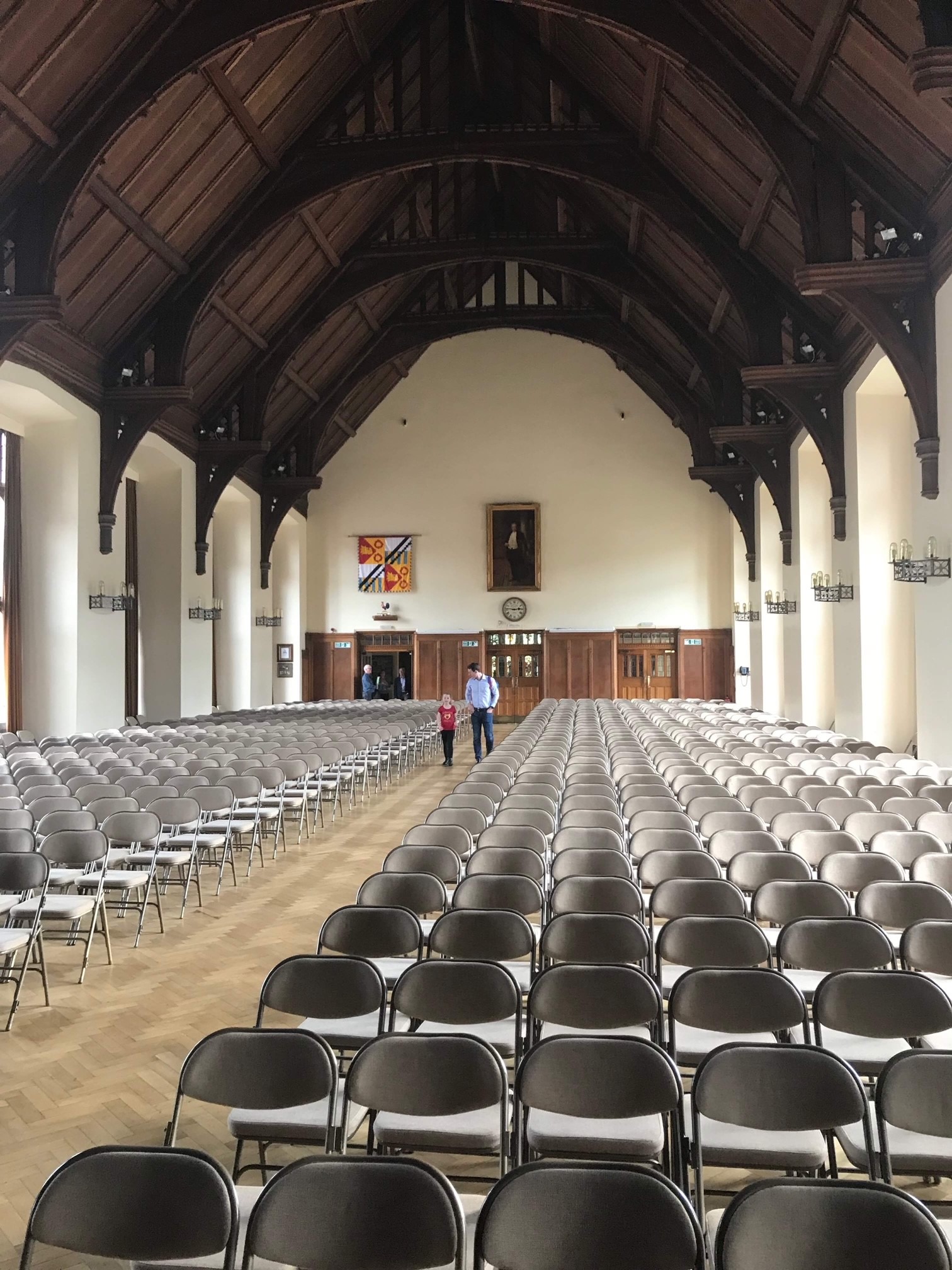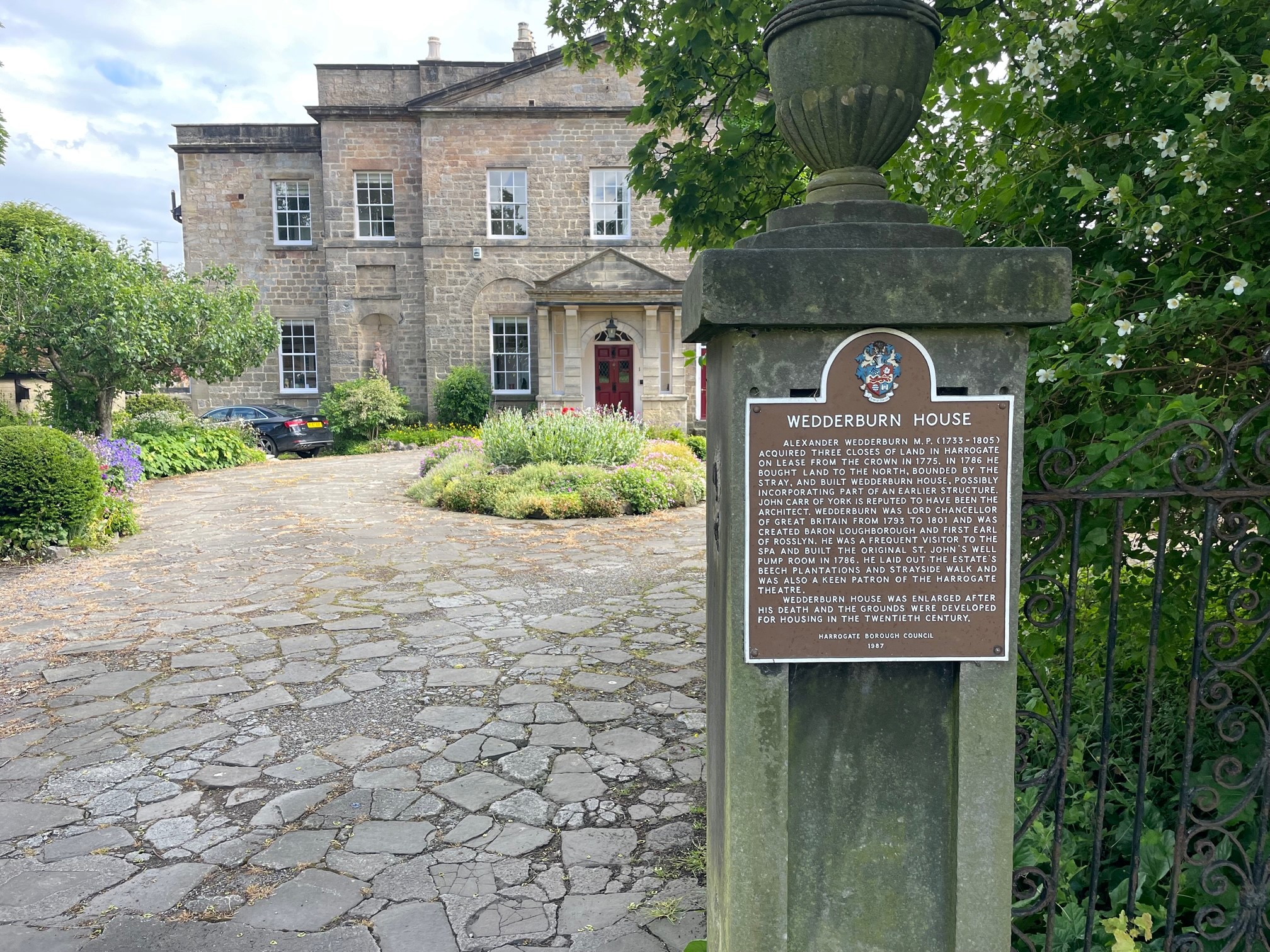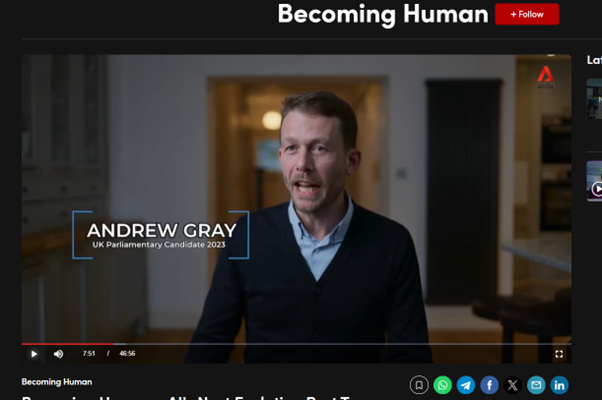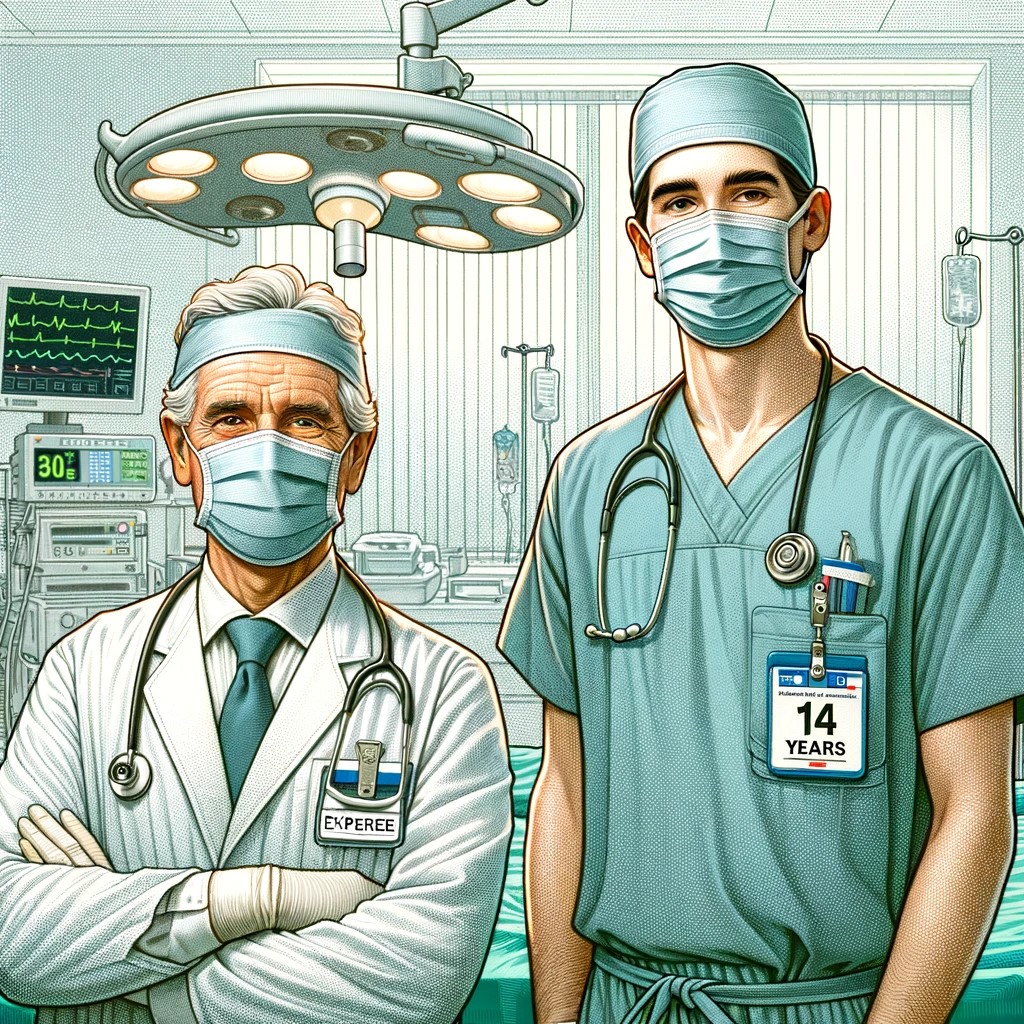On my first day at university, I met a fellow northerner, who I shall refer to as “S”. S and I were both obsessed with football. He lived on the floor above me in our halls of residence. I’ll never forget our first Saturday night together, because we stayed up until 8 o’clock in the morning, just talking, about nothing in particular.
In the second year, together with four other lads, all of whom were football obsessives, we moved into a grotty terraced house, remaining in our squalor for our third year, too. In this terraced house, S and I lived on the ground floor; our rooms were adjacent. As neither of us had any interest in cooking, we would go for takeaway dinners, at least three or four times a week.
In addition to living together and eating together, we played football numerous times per week together, for three years. On top of this, together we went out on the town twice a week for three years. Suffice to say, we spent a great deal of time together.
In late July 2001, five days before our graduation, S was murdered, not far from his parents’ home.
Due to the violent circumstances of his death, the coroner was required, so the funeral took place six weeks after his killing. Mercifully, his murderers were caught, prosecuted and found guilty. I attended the trial with his family and some friends.
Although I had spent acres of time with S, I didn’t know much about his family. Oddly, I hadn’t met them. After his killing, due to the efforts of organising twenty of the lads, all scattered around the country, to attend the funeral, and then attending the trial, I got to know his mother well. Discussing S, in his parents’ house, surrounded by photographs of S adorning the walls, we both felt that we were extending his life by regaling each other with our stories. And there were a lot of stories. She explained what S was like at home and I would explain what S was like at uni. We learned that S had lived two separate lives, hence why I hadn’t met his family before: he didn’t allow home and uni life to mix.
Relevantly, S was from a Catholic family. On the day of the funeral, S lay in his coffin, lid open, on the dining room table. I didn’t go into that room.
In the years that followed, every now and then I would speak with his mum; sometimes we would exchange letters, too. Justifiably, she was unable to forgive her son’s killers. Who could blame her? But rather than subsiding with the effluxion of time, her rage increased, ripping her apart, and destabilising her closeknit family. The intensity of the rage, whilst understandable, made what was the worst possible thing that could happen to a mother, even more destructive.
I didn’t know what to do other than to listen. I approached each interaction with her, asking myself: what would S want me to do to help his mother?
Four years after his killing, in April 2005, I was backpacking, alone, in what became my favourite place to travel – Armenia. I was writing the pretentious, unfinished and unpublishable “The Anti-Guidebook”. One day, whilst watching CNN in my Soviet-era apartment, a newsflash announced the death of Pope John Paul II.
Not being Catholic, and being generally uneducated in such matters, from the obituary I learned that John Paul II survived an assassination attempt in 1981. He was shot twice, narrowly escaping with his life. As well-informed readers may know, but I didn’t know, the Pope publicly forgave his assassin and visited him in prison.
Over the next few weeks, whilst travelling in war-torn Nagorno-Karabakh, I reflected on this powerful story.
On my return home, in the full knowledge that it was a risky move, I penned a carefully worded letter to S’s mother. In the gentlest, most articulate way I could muster, I hinted that she might want to consider taking inspiration from the Pope; that she should explore the possibility of forgiveness in the hope that it could help her. In writing that letter, I knew that I had only the slenderest prospects of success (as a lawyer would say), but I felt that it was absolutely necessary that I made this point. I knew that I would never forgive myself if I didn’t suggest it. After all, it was my obligation to S.
Devastatingly, the letter back was the most critical and explosive letter I have received. In a nutshell, she said that I made her pain even more painful. At her request, we haven’t corresponded since. I was, and I remain, deeply saddened by her reply, though I am not wounded by it.
I have had ample time to reflect on my actions. Should I have written that letter? I can say, without doubt, that if I had my time again, I would write the very same letter. And I forgive her, and I hope she forgives me, too. Readers can judge for themselves as to whether what I did was right.
………………………………………………………
This week, I have been reading Facing Death by Diana Lampen, a treaty on how we can do as the title suggests – face death – and how we can support others who have suffered a bereavement. This book inspired this blog – the writing of which I have found most cathartic.
Published in 1978, Lampen laments the outsourcing of the progression of death to hospices and hospitals; and how death has become a medical process, rather than the most human of experiences. She has a point. Lampen also notes how British society has lost its bereavement conventions. For example, she notes how our bereaved rarely have special “bereavement clothes” to wear; and rarely do the bereaved keep their curtains closed for a week, the opening of which symbolised a turning of the corner. Online, I don’t think there is a Facebook status for “Recently bereaved and mourning.”
When S was killed, my friends had no idea what to do, or what to say, so they largely ignored me. I’ll admit it: their approach exacerbated my excruciating pain. I wanted them to ask me about it. But they didn’t. We could talk about anything else, but not that.
Reading Lampen this week, I was struck by this start to a chapter: “Few things make us feel more inadequate than being faced with another’s grief.” How right she is. It has taken me years, but I can now forgive my very good friends for being so utterly useless when I needed them. Simply, they didn’t have the tools to do anything else. I am ashamed to have carried this grudge for so long.
………………………………………………….
To current events, since the slaughter in Israel on October 7, much of the propaganda in favour of Israel, more or less, follows the narrative that if you want to be a friend of Israel – which I am – then you should let them get on with whatever they want to do and how they want to do it. (I am not passing comment on their approach here). For me, this is not how an international friend should act, particularly when that friend is a vibrant democracy.
My view is that the finest way to love a friend is to be candid with them; to tell them the truth as you see it. The Burmese people, with whom I am quite familiar from my campaigning work, have this wonderful saying:
“Only your real friends will tell you if your face is dirty.”
Indeed. Scillians have the same saying.
Similarly, brilliant – and controversial! – Professor of Psychology, Jordan Peterson, instruct his listeners to tell the truth. It has become his mantra.
“If your life is not what it could be, try telling the truth. If you cling desperately to an ideology, or wallow in nihilism, try telling the truth. If you feel weak and rejected, and desperate, and confused, try telling the truth. In Paradise, everyone speaks the truth. That is what makes it Paradise. Tell the truth. Or, at least, don’t lie.”
“The truth is something that burns, it burns off deadwood, and people don’t like having their deadwood burnt off often because they’re 95 percent deadwood.”
So, speak up: help your friends! Take risks and deploy this approach, even when it is difficult to do so – especially when it is difficult to do so – because that is what real friends do.










